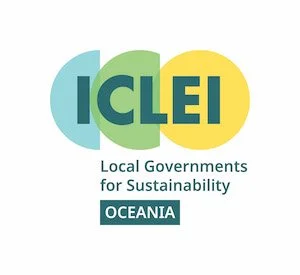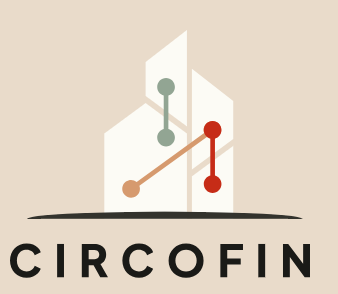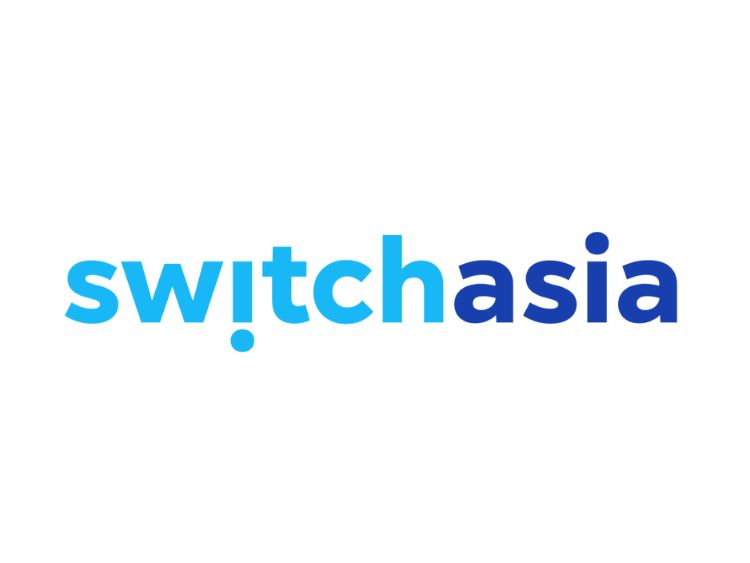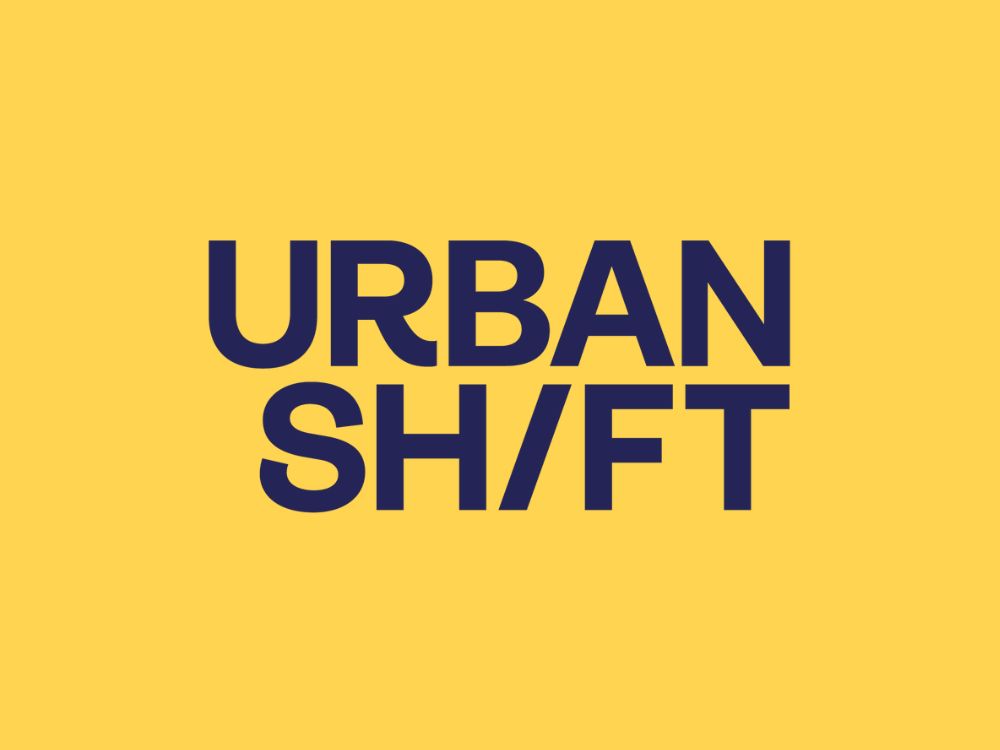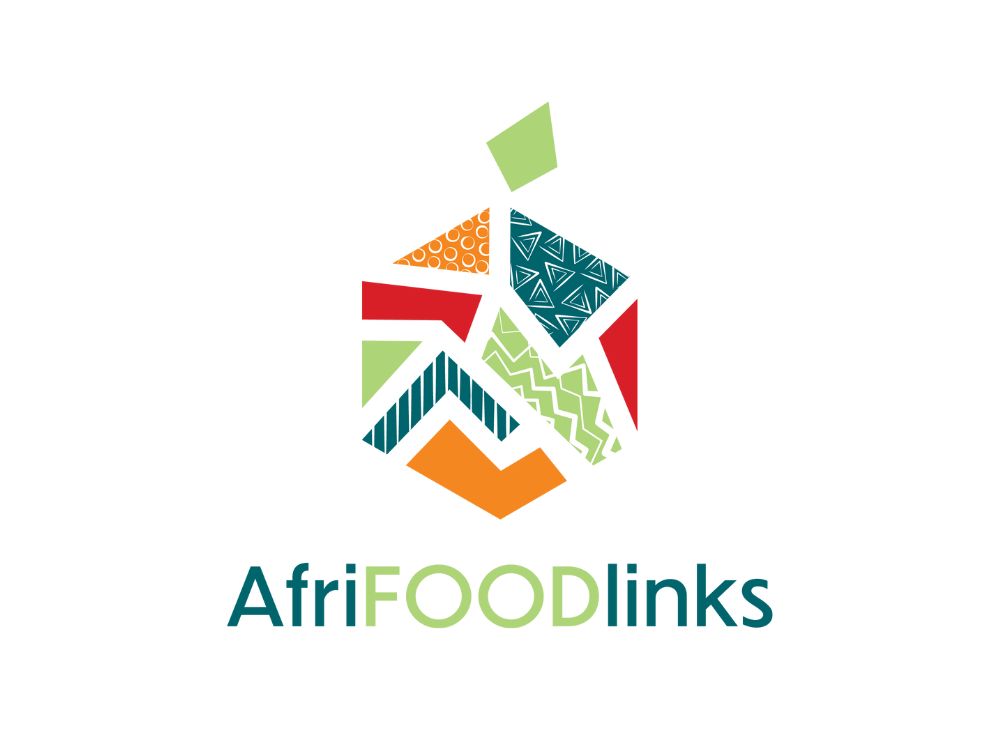
1. Circular Biocarbon
CIRCULAR BIOCARBON presents a first-of-a-kind flagship biorefinery designed to valorise the organic fraction of municipal solid waste and sewage sludge into high added-value products. The biorefinery will turn urban waste streams generated in cities into products for industries and end-consumers, including coating of products and mechanical moving parts, compostable waste bags, solid fertiliser and liquid biobased biostimulant.


